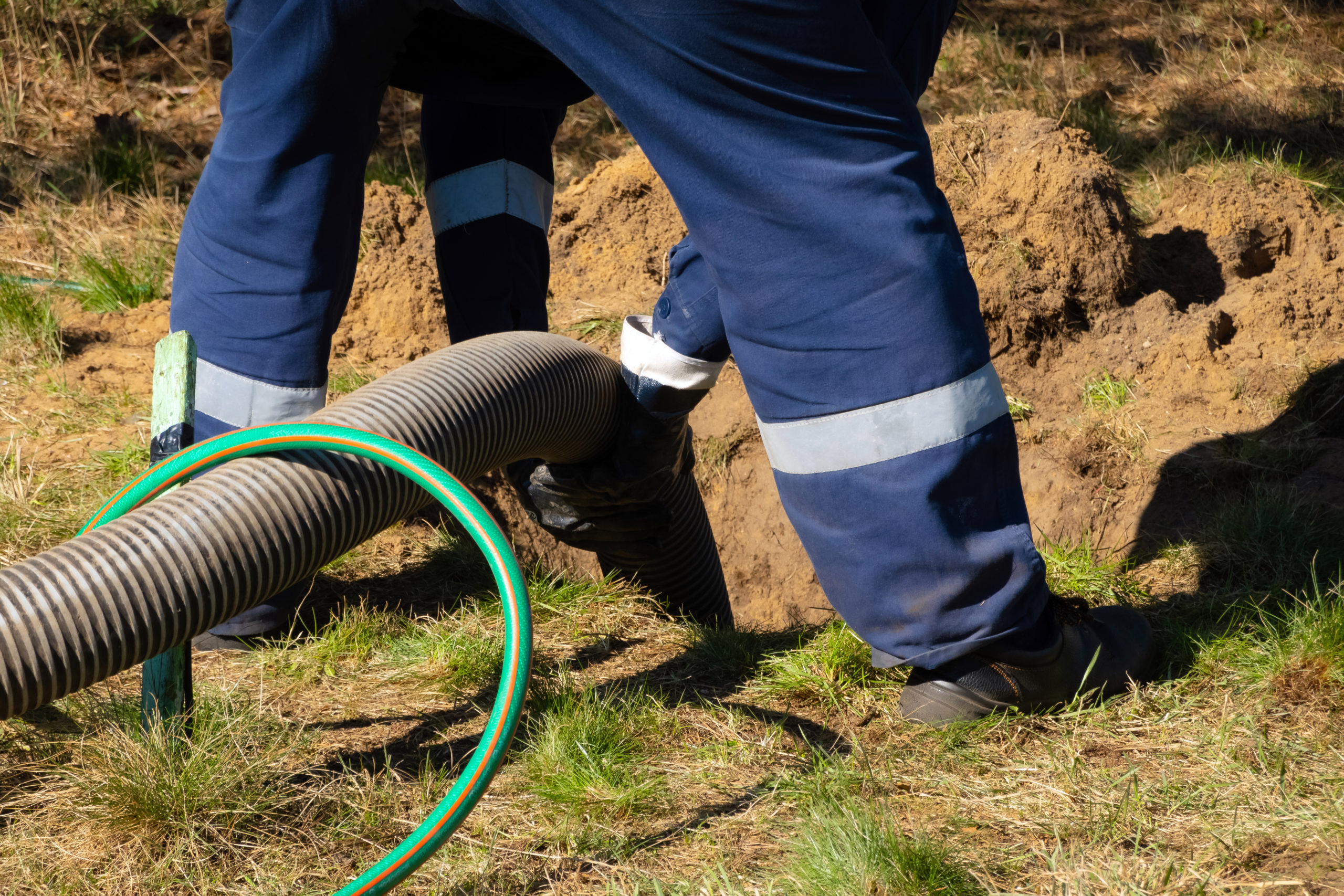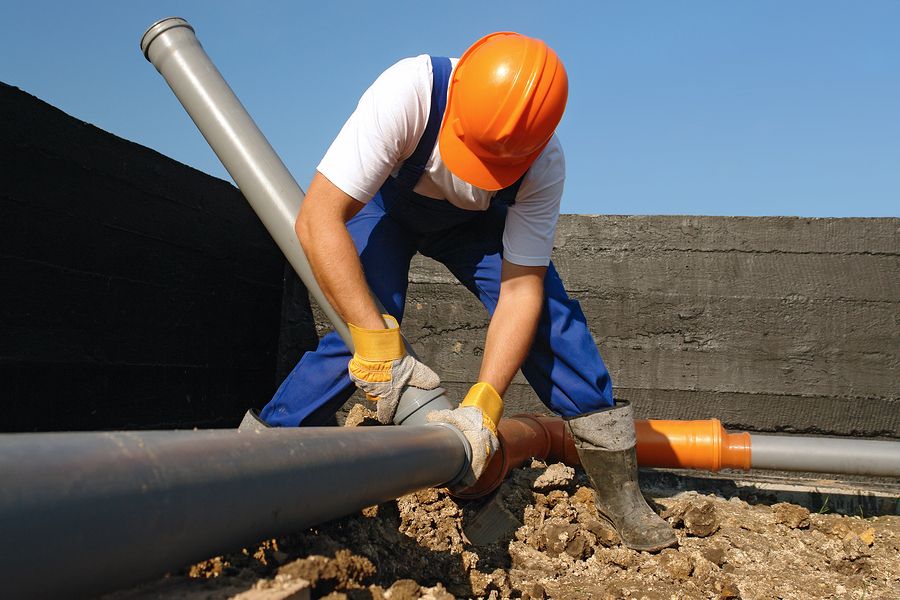In the past, if your plumbing became slow or stopped working for some time, you would need to call a plumber ASAP. However, today many new options on the market can help you avoid expensive repairs and long wait times.
The first thing you may be thinking is precisely a sewer line. A sewer line is a pipe that carries wastewater from your home to the main sewer line in the street. The sewer line has a lifespan like every other plumbing fixture in your house, and if it has reached its life expectancy, you will need to have it assessed by professional Hawaii plumbers.
Based on reports, the average salary for a plumber is $33.67 per hour in Hawaii. Here are top questions to ask a plumber before they work on the sewer line:
Table of Contents
When Was Your Last Sewer Line Inspection?
To ensure no major problems with the current plumbing, you need to have a professional check it out. The problem may be as simple as roots or other debris blocking a part of the pipe.
This type of debris is usually cleared out with a high-pressure water jet. If the backup has been caused by more severe damage, then previously mentioned solutions will not work, and you will need to replace part or all of the plumbing assembly.
If your sewer line needs to be replaced, you can expect it to take several days, depending on its size. The sewer line comprises many layers that take time to re-attach and fully fix. Generally, you can expect a week between each layer to ensure the pipe doesn’t break before it has been restored.
Is Your Pipe Big Enough For the Job?
According to statistics, Hawaii is the 47th largest (6,423 square miles) and the 40th most populous place among the 50 United States and capital districts.
If your plumbing needs to be upgraded or replaced, you need to make sure that the plumber is aware of the size of your sewer pipe. The larger the line, the more material can be used for installation and replacement.
Experts recommend replacing a sewer line made of clay or other brittle pipes with durable plastic ones. Not only will they work better and last longer, but they are much safer to work with in case of an accident.
Can I Save Money On Sewer Line Repairs?
The answer is yes, you can! Many systems on the market help reduce the risk of toxic mold in your house by lowering water seepage. They also allow for better flow, reducing the number of backups you might be experiencing. One such system is an underground French drain.

It uses perforated plastic pipes laid in a trench filled with gravel to collect water from the house’s foundation before moving it down to the main sewer line or septic tank for disposal.
What Is The Price Of Sewer Line Repairs?
The cost of sewer line repairs depends on several conditions, such as the size and type of plumbing system, damage location, and how much work must be done to fix it.
For example, if your pipe is made from non-durable material such as clay or damaged severely, it will require a replacement. In this case, a complete installation can cost as much as $7,500 to as little as $3,000. The average homeowner in Hawaii can expect to pay between $5,000 and $6,000 for comprehensive sewer line repairs.
The good part is that there are ways to save money on your sewer line repairs. One of the ways is to get competitive quotes from Hawaii plumbers in your area before choosing. If you can work with a plumber who is willing to do the job at a lower cost, then you will have more money available for fixing other issues inside or outside of your house.
What Solutions Do You Have For Repairs?
When it comes to sewer line repairs, there are two solutions that you can choose from to get the job done. The first solution is called pipe bursting, and it works by using a hydraulic press which places pressure on the old pipe to break it apart.
Once this part is complete, a new pipe is pushed down the line, taking over for the old one. The good thing about this way is that it can be done from where access to the pipe is available, which means no digging up of your yard or sidewalk.
The second solution for sewer line repairs is called trenchless relining. In this case, a plumber will insert a chemical solution into the pipe to dissolve the lining while at the same time, another machine will put a new one back in. Once this process is complete, your sewer line should be all set.




